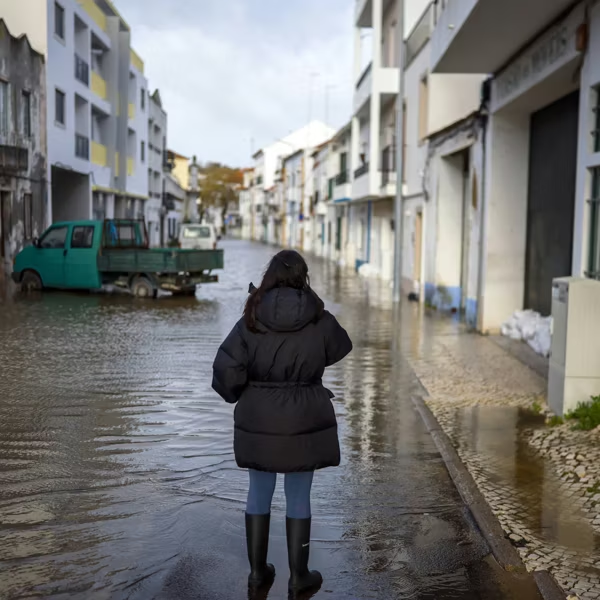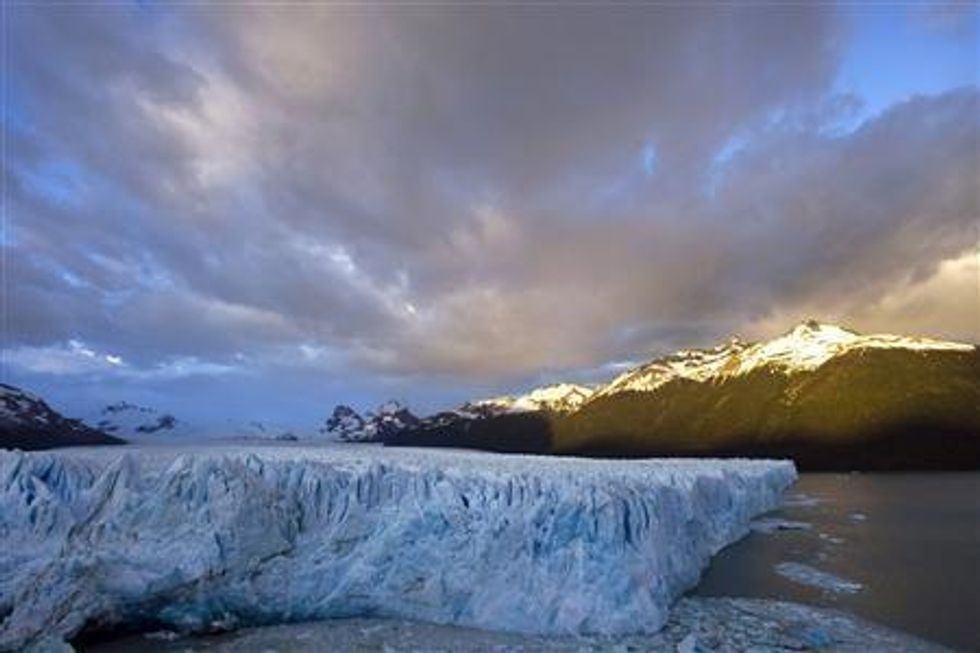Hopes to reduce the worst impacts of climate change around the globe will likely be lost if the international community doesn't immediately switch to clean energy and significantly reduce carbon emissions, according to a leaked draft of a report being conducted by UN scientists at the Intergovernmental Panel on Climate Change.
If "explicit efforts" are not immediately taken to reduce emissions, the scientists warned, future efforts will either be too costly or too late.
Greenhouse gas emissions must be reduced by 40-70% of 2010 levels by 2050, a reduction that will not be met if the world continues to rely on fossil fuels such as oil and coal to power the energy needs of an exponentially growing population.
As The New York Times reports:
Nations have so dragged their feet in battling climate change that the situation has grown critical and the risk of severe economic disruption is rising, according to a draft United Nations report. Another 15 years of failure to limit carbon emissions could make the problem virtually impossible to solve with current technologies, experts found. [...]
While the spread of technologies like solar power and wind farms might give the impression of progress, the report said, such developments are being overtaken by rising emissions from fossil fuels over the past decade, especially in fast-growing countries like China. And one of the most important sources of low-carbon energy, nuclear power, is actually declining over time as a percentage of the global energy mix, the report said.
Carbon dioxide and other greenhouse gases emissions grew 2.2% per year on average between 2000 and 2010, the scientists note, in comparison to the 1.3% per year on average between 1970 to 2000.
While oil and coal were cited as the leading contributors to climate change, the draft report says those levels are only expected to rise, thanks to current national and international climate policies.
The draft report is the third installment of three climate change reports conducted by the IPCC.
The first study, published on September 27, said that "warming in the climate system is unequivocal and since 1950 many changes have been observed throughout the climate system that are unprecedented over decades to millennia," and confirmed that that it is "extremely likely that human influence has been the dominant cause of the observed warming since the mid-20th century. The evidence for this has grown, thanks to more and better observations, an improved understanding of the climate system response and improved climate models."
The second and third parts of the report will be published in March and April.
_____________________




